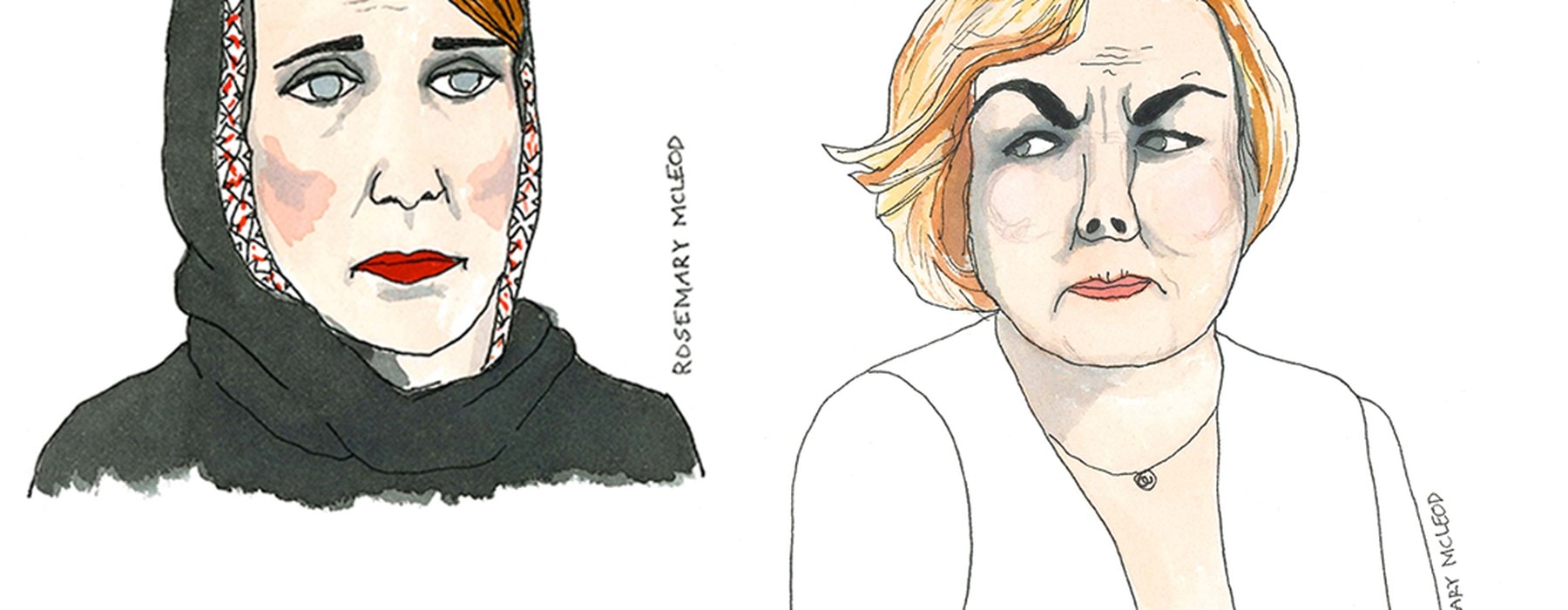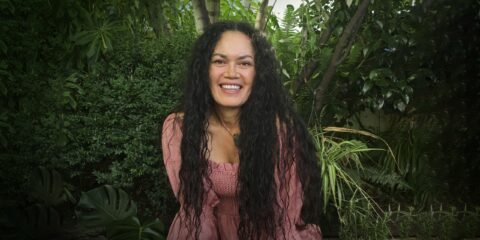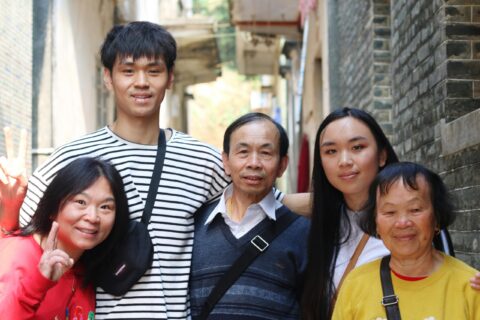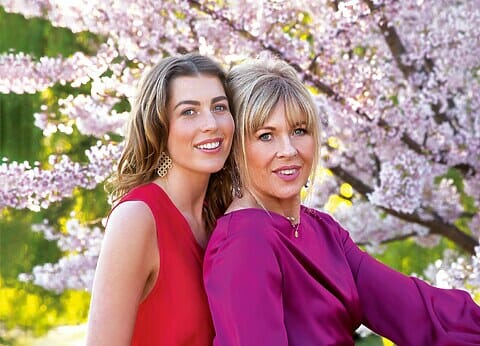Freedom of expression is one thing, but it is a matter of who and when, says Rosemary McLeod. She discusses why the free-speech argument is irrelevant when telling the Christchurch terror attack story on screen.
It can be a rotten job working in the media, but we mostly mean no harm. I’ve been written about. What can you expect strangers to say? They don’t see the airbrushed self you’d like them to admire and, if you’re like me, you talk too much and regret it. Some people get a smooth ride, but rarely those who have been involved in a tragedy. To them, the event remains forever private and painful, and they maybe can’t see the sense in dredging up times of suffering only to remind people yet again of what they already knew. The Christchurch terror attack is one example.
American journalist Janet Malcolm, who died recently, would’ve had something to say about the idea of making a movie about it so close to the event, and I’m not surprised that a Kiwi producer resigned from the project in the face of the immediate public backlash.
In magazines like The New Yorker, Janet wrote about the ethical dilemmas involved in dealing with and writing about people, a process that involves engaging them to talk to you, then writing about them in a way they may later see as betrayal. Exploitation is in there too, as in unwise interviews that will obviously rebound badly on an interviewee but make a journalist happy. Or leaping in after a tragedy to grab the story and hard-heartedly wring every scrap of pathos from it, upsetting victims who come to feel they’ve been used.
Emotional wounds are still raw in Christchurch, the reaction tells us, and probably always will be. Looking at the big picture, the massacre was a turning point in our history, when the wider world made its presence felt in this faraway place and we lost our innocence. If Muslims were not safe in their mosques, it meant all of us, wherever we might be, were newly vulnerable to extremism.
The film project had a political angle played out by the prime minister and the National Party leader. Jacinda Ardern coined the phrase which became the proposed title of the film, They Are Us, but quickly made it clear she was not involved in the project, thought the event was still too raw for people affected by it directly and that the timing was wrong.
I expect she was embarrassed by reports suggesting she’d be the focus of the production. What happened was not about her, she rightly said, but the 51 people who were killed and the many others traumatised that day.
An actress was chosen to play Jacinda, and we were told she’d be highlighted because of her compassionate reaction on the world stage, and the swift way the government banned sales of assault rifles. Ardern might as well be canonised on screen and, seeing how tasteless that proposition was, she had the sense to back away.
Jacinda might as well be canonised on screen and, seeing how tasteless that proposition was, she had the sense to back away
I don’t envy Judith Collins. As National’s leader, it’s her job to oppose what the government does – if she can get an angle on it – and she can sound more grumpy than reasonable.
As fast as Jacinda put distance between herself and Hollywood, Judith said she saw the plan as a case of freedom of expression and had no quarrel with it.
But there is no such thing as absolute freedom of expression. There are limits on free speech in ways that make sense, and this is arguably one of them. When mosque survivors and other Muslims were against the idea, when the mayor of Christchurch said the city wouldn’t help, and the prime minister shrank from it, that should have been the end of it.
There will be a time to tell that story, as Judith surely knows. It’s when the real people who experienced it are willing to tell it, not before.








